Social Media Is Getting Smaller—and More Treacherous
With the rise of niche social media platforms and online communities, the landscape of social media is becoming more fragmented and specialized. Users are moving away from the big, all-encompassing platforms like Facebook and Twitter, and instead opting for smaller, more focused networks that cater to their specific interests.
While this shift towards smaller, more specialized platforms can be beneficial in terms of finding like-minded individuals and engaging in more meaningful conversations, it also comes with its own set of challenges. These smaller platforms are often less regulated and monitored, making them fertile ground for misinformation, harassment, and other forms of online abuse.
As social media continues to shrink in size, it also becomes more treacherous. The anonymity and lack of oversight on many of these smaller platforms can lead to the spread of harmful content and toxic behavior. Users must be vigilant and cautious when navigating these online spaces to protect their mental health and well-being.
Moreover, the algorithm-driven nature of social media can create echo chambers and filter bubbles, where users are only exposed to information that reinforces their existing beliefs and attitudes. This can further polarize society and hinder meaningful dialogue and understanding between individuals with differing perspectives.
In this ever-evolving landscape of social media, it is crucial for users to exercise critical thinking and discernment. They must be mindful of the sources of information they consume, question the validity of content, and actively seek out diverse viewpoints to avoid falling into the trap of misinformation and disinformation.
Despite its pitfalls, social media still has the power to connect people across geographical boundaries, foster communities, and amplify marginalized voices. It is up to users to navigate these virtual spaces responsibly and ethically, leveraging the positive aspects of social media while remaining vigilant against its darker side.
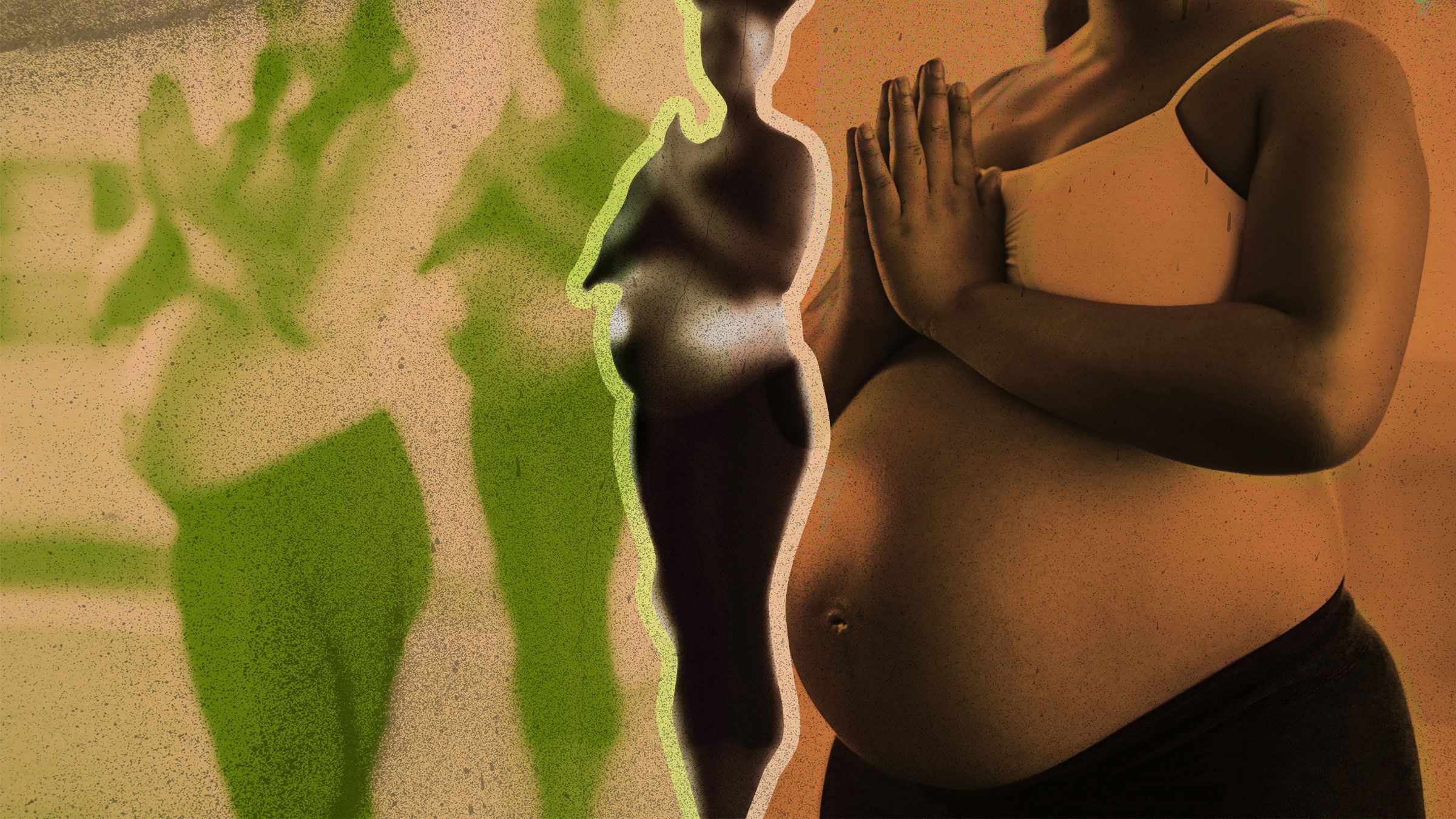
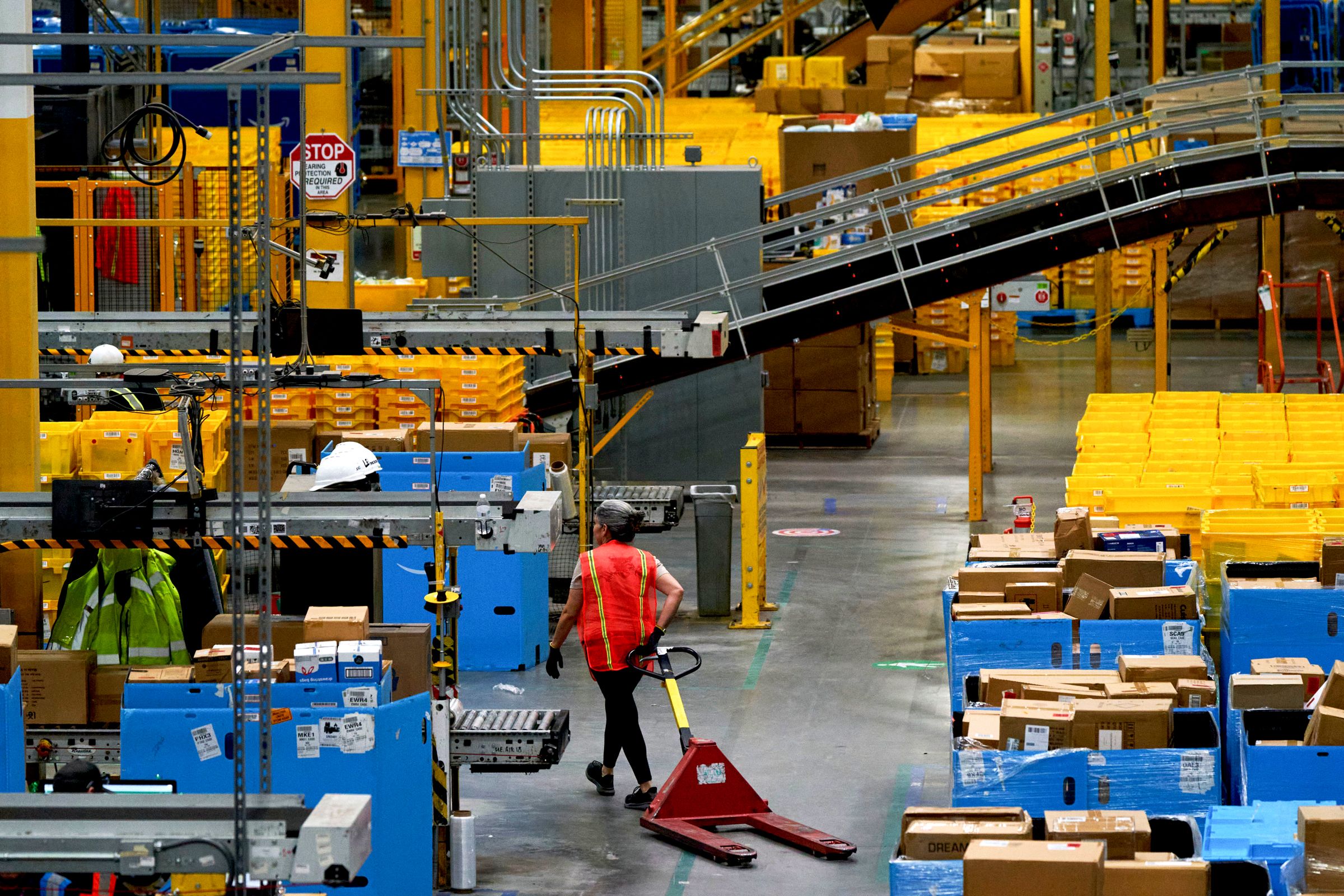
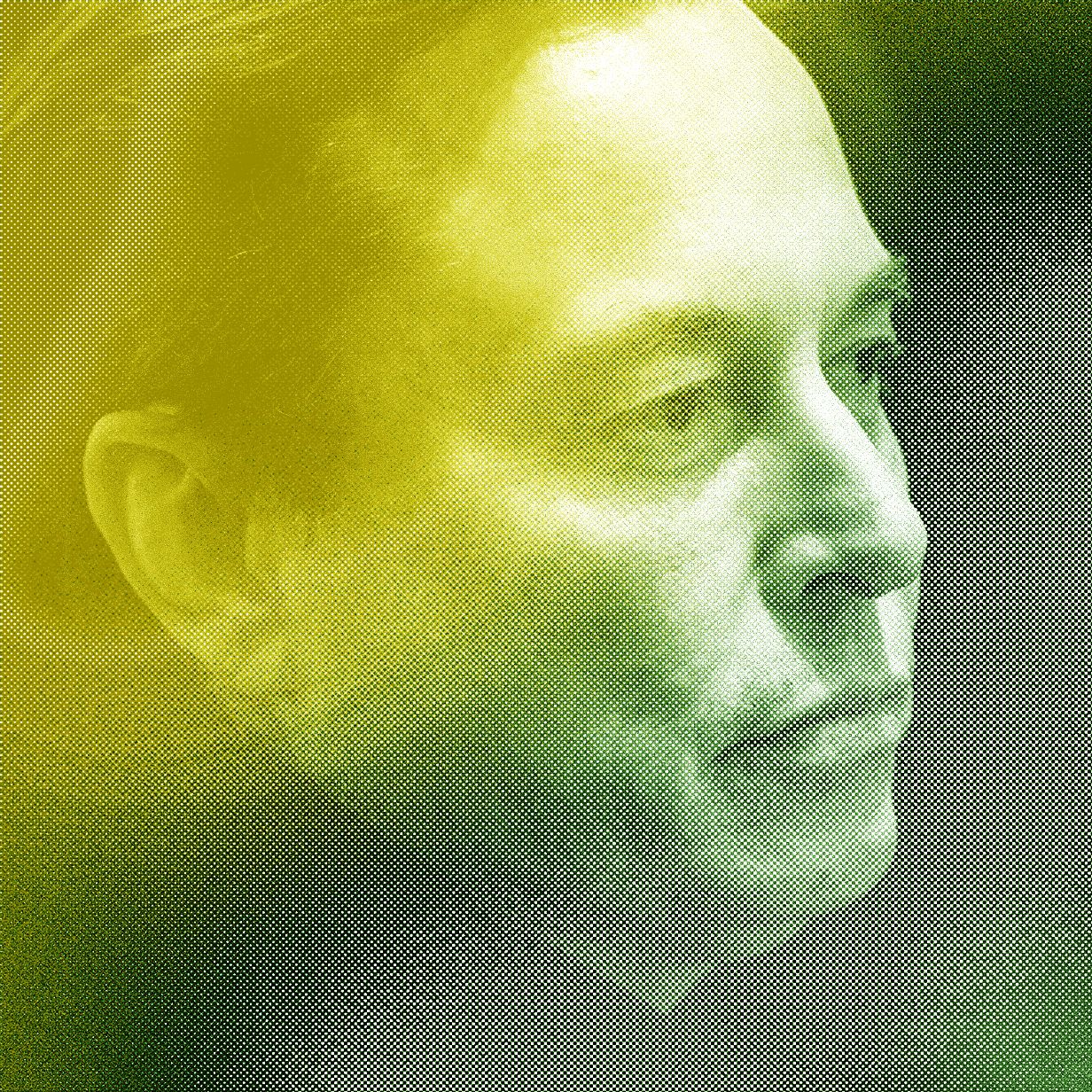
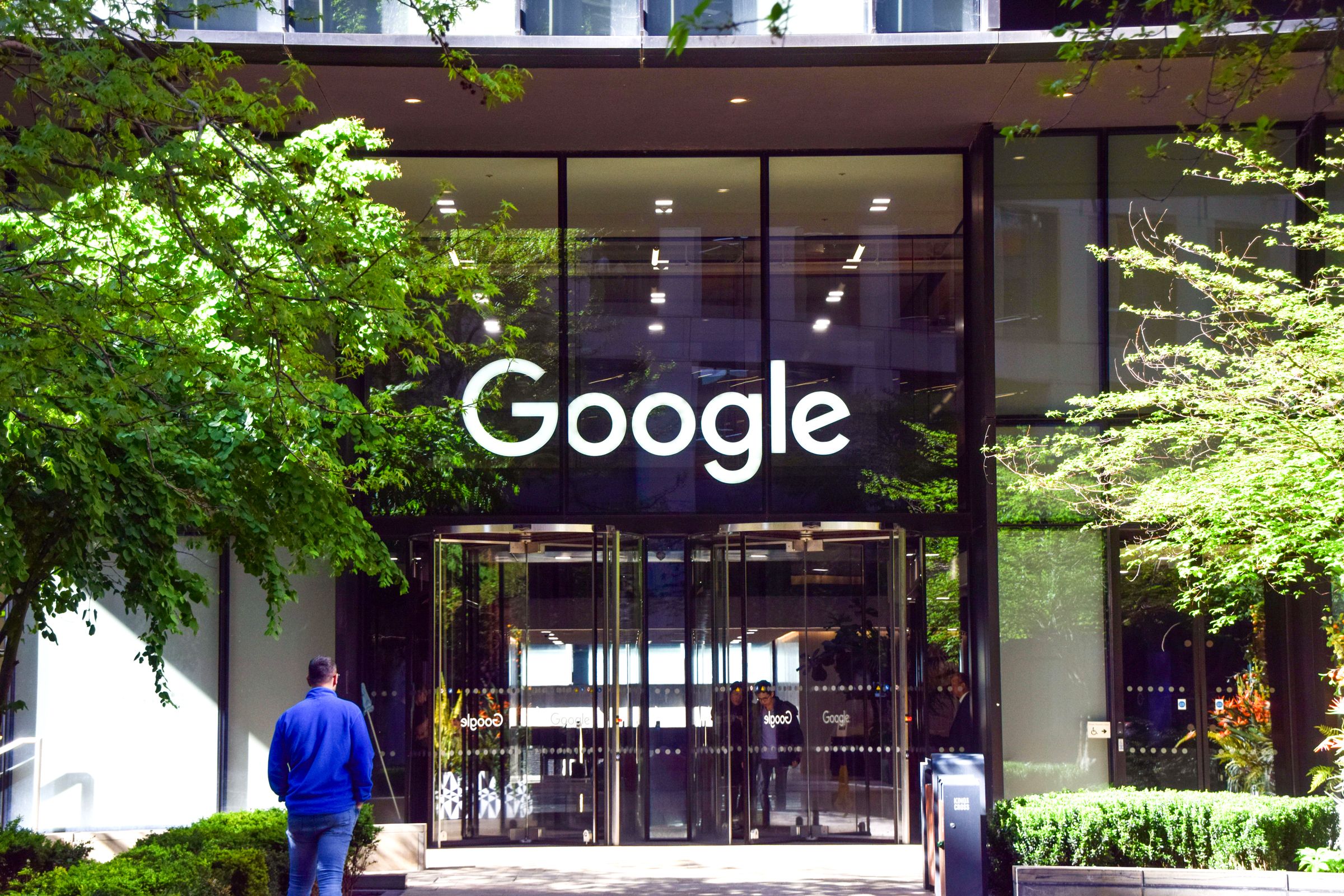
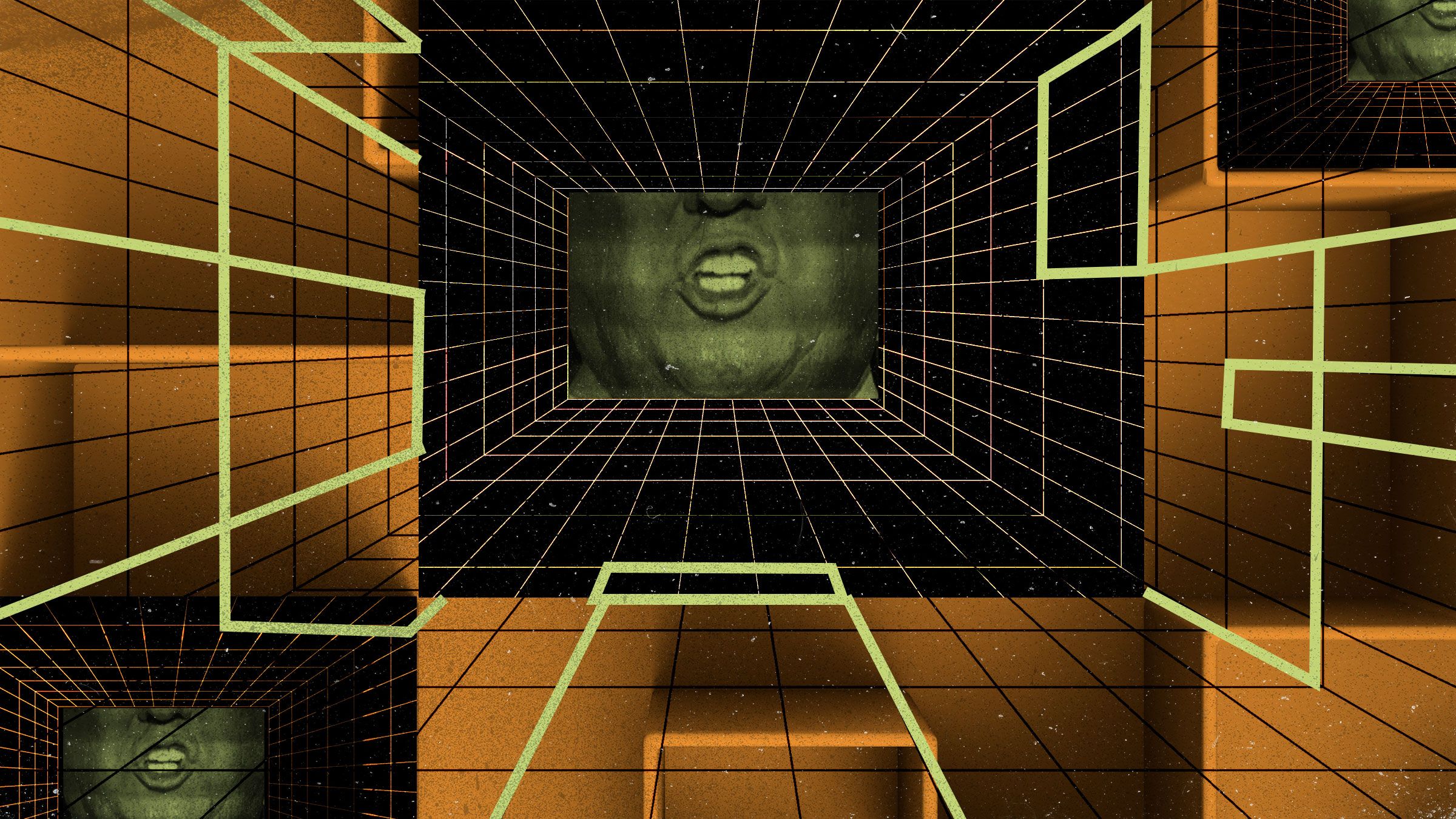
More Stories
Inequality Is a Health Risk—and It’s Getting Worse
The AI-Fueled Future of Work Needs Humans More Than Ever
Big Tech Won’t Let You Leave. Here’s a Way Out